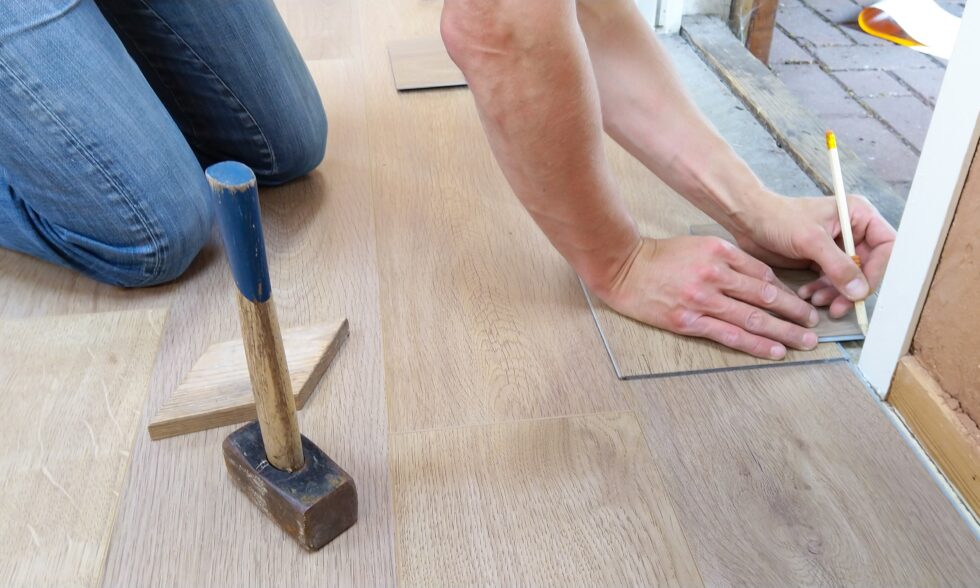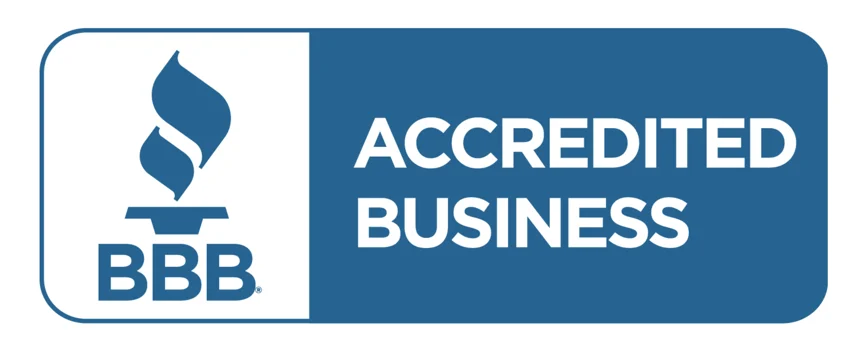Divorce is difficult for anyone. No matter what your assets or whether you have children or not, there’s no easy way to finalize a divorce. For many couples, homeownership is one of the most difficult assets to divide fairly. Not only do you have to decide what to do with the home, but you also have to keep up on mortgage payments throughout the divorce, which can get messy. If you’re going through a divorce, and aren’t sure what to do with your home, here are answers to some of the most common divorce homeownership questions:
Should I Keep The House, or Sell?
Really, this question is at the heart of every divorce homeownership concern. Ultimately, you want to know what’s in your best interest, and in the best interest of your family — to sell, or not to sell. Unfortunately, there’s no good cut and dry answer to this question, because it depends on your specific situation.
There are two situations where the answer is relatively easy:
-
- You own the home jointly and are looking for the simplest solution.
- If you and your ex own the home jointly and are both on the mortgage, selling is certainly the easiest option. Selling the home means you can get rid of the mortgage, and split any profits right down the middle.
- There’s no worry about who keeps the house and how to quantify that asset. The sale quantifies it for you, and neither of you has to worry about any long-lasting implications on your credit.
-
- One spouse came into the marriage with the home.
- If you or your spouse purchased the home before you entered into the relationship, it is likely that they will have rights to the home, unless the other spouse was added to the deed or mortgage later on.
- In this situation, that spouse who entered into the marriage with possession of the home is likely to keep that asset. It’s up to them to make the sell vs. keep decision.
If neither of these situations applies to you, then solving the divorce homeownership challenge can be a bit more complicated. We’ll get to some of those situations next.
Can I Buy Out My Spouse?
There are a number of situations where assuming full ownership of the home from your spouse makes sense, like keeping children in the same school district and home, or when market conditions aren’t right yet to sell.
The only way you can buy out your spouse is if you make enough money to qualify for the mortgage alone. In most cases, spouses qualify for mortgage loans together, so it’s not necessary to make so much money on your own. But, if you’re hoping to buy out your spouse and assume full ownership of the home, you’ll have to prove to your lender that you can afford the monthly mortgage payments. Unfortunately, this can be tough amidst divorce proceedings that split your assets and savings in half.
What Do We Do About the Mortgage?
No matter what you decide — to sell the home, assume full ownership, or relinquish the home to your spouse, it’s important to adjust the mortgage accordingly. If you no longer live in the house, and have been taken off the deed, but are still listed on the mortgage, any missed payments will continue to affect your credit.
This is one of the reasons many divorced couples opt to sell the home. It’s difficult to be taken off a mortgage once you’re on it, and it’s also stressful to be named on a mortgage that you don’t have control of. Selling the home ensures that you pay that mortgage off, preserving your credit to make large purchases in the future.
If you do opt to relinquish the home to your spouse, make sure your name is taken off the mortgage, if possible. This way, you don’t have to worry about their future finances affecting your credit. That leads us into our next question:
How Will This Affect My Ability To Purchase a New Home?
How you choose to solve the challenge of divorce homeownership will dictate your ability to purchase a new home. Divorce is expensive and stressful. It’s easy to forget about things like mortgage payments during divorce proceedings, especially when it’s not yet clear who will own the home, and who is responsible for the mortgage payments.
For that reason, many couples start to miss mortgage payments, which can seriously affect your ability to purchase a new home.
Missed payments will affect your credit, and if your loan goes into default while you’re sorting out your divorce, you could face serious repercussions in your ability to purchase a new home down the road. Some lenders may refuse to offer you a loan, even if it’s not your fault that mortgage payments weren’t made.
If a lengthy divorce process is making it difficult to keep up with mortgage payments, an as-is, cash sale could help. Hometown Development purchases properties in any condition, with no need for cleaning or repairs.
Simply contact us, get a fair cash offer, and move on from your home with no worries of disrupting your credit or further disputes over divorce homeownership.
For more information about our process or for a personalized offer, give us a call at 616-379-3077 or contact us online at your convenience.
















